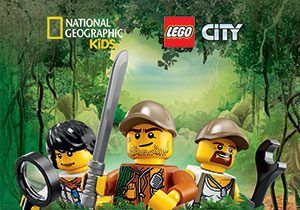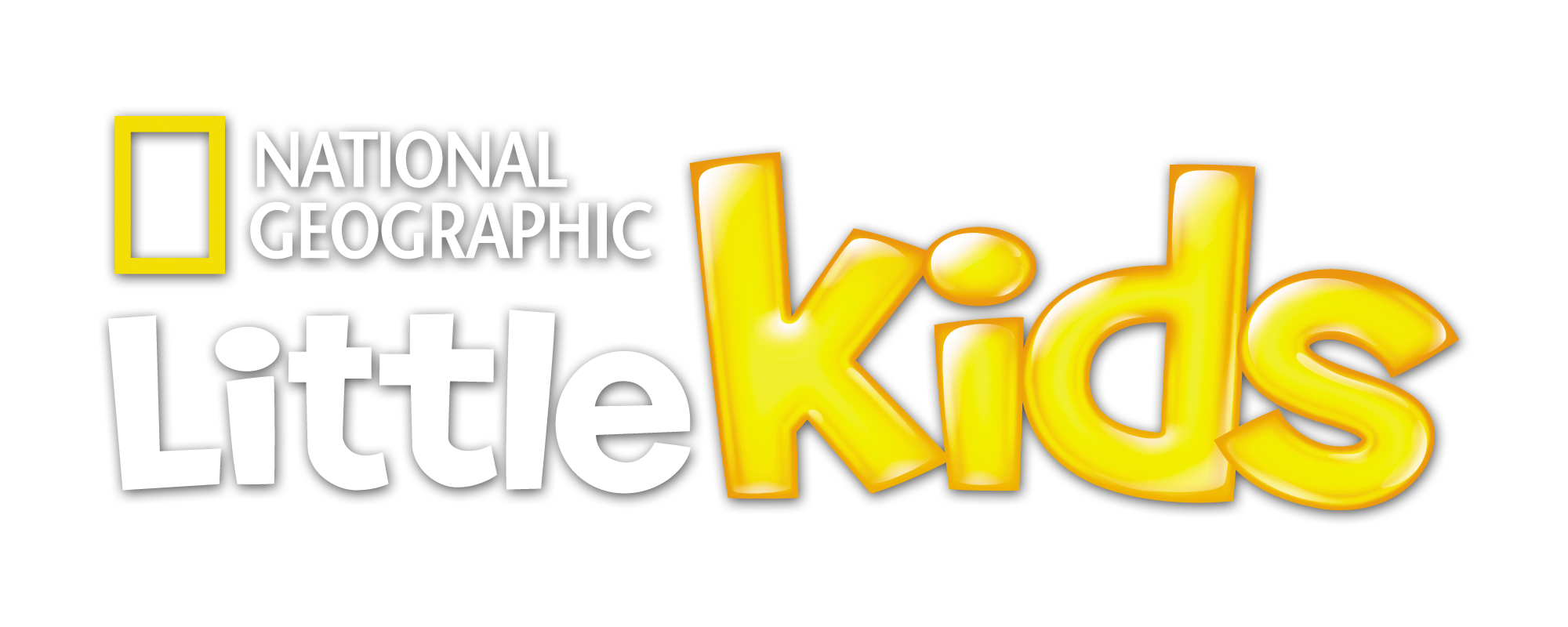
Rosa Parks primary resource
Discover the legacy of the Civil Rights campaigner
This primary resource introduces children to the legacy of Civil Rights campaigner Rosa Parks. Discover the difference that Rosa Parks made when she refused to give up her seat on a bus. Why was Rosa arrested? Why did black people in her city boycott the buses? What year did Alabama end segregation?
Pupils will learn how Rosa Parks campaigned against discrimination and segregation based on skin colour, and the influence that has had on us today in our National Geographic Kids’ History primary resource sheet.
The teaching resource can be used in study group tasks for a simple explanation of significant events in the Civil Rights Movement, as a printed handout for each pupil to read themselves, or for display on the interactive whiteboard, as part of a whole class discussion.
Activity: Ask the children to discuss as class their thoughts on Rosa Parks’ decision to break the law when she refused to give up her seat on the bus for a white person. Despite the fact that we teach citizenship; that laws are made to benefit society and should be followed by all, can they agree as a class that her actions were justified? Why? What should/can people do when they feel the law is unjust? This can be used to open a wider discussion about lobbying or writing to an MP. Pupils could think about an issue that concerns them today, and write a letter to their school or MP. Pupils could write a newspaper article about Rosa Parks’ arrest in 1955, or the subsequent bus boycott. Children could design and write their own comic about her life.
N.B. The following information for mapping the resource documents to the school curriculum is specifically tailored to the English National Curriculum and Scottish Curriculum for Excellence. We are currently working to bring specifically tailored curriculum resource links for our other territories; including South Africa, Australia and New Zealand. If you have any queries about our upcoming curriculum resource links, please email: schools@ngkids.co.uk
This History primary resource assists with teaching the following History objectives from the National Curriculum:
- Gain historical perspective by placing their growing knowledge into different contexts, understanding the connections between local, regional, national and international history; between cultural, economic, military, political, religious and social history; and between short- and long-term timescales.
National Curriculum Key Stage 1 History objective:
- Pupils should be taught: the lives of significant individuals in the past who have contributed to national and international achievements. Some should be used to compare aspects of life in different periods [for example, Elizabeth I and Queen Victoria, Christopher Columbus and Neil Armstrong, William Caxton and Tim Berners-Lee, Pieter Bruegel the Elder and LS Lowry, Rosa Parks and Emily Davison, Mary Seacole and/or Florence Nightingale and Edith Cavell]
This History primary resource assists with teaching the following Social Studies Second level objective from the Scottish Curriculum for Excellence:
- I can discuss why people and events from a particular time in the past were important, placing them within a historical sequence
- I can compare and contrast a society in the past with my own and contribute to a discussion of the similarities and differences
As a British values primary resource, this resource assists with promoting fundamental British values as part of SMSC (spiritual, moral, social and cultural development) in schools using the following OFSTED assessment criteria:
- It is expected that pupils should understand that while different people may hold different views about what is ‘right’ and ‘wrong’, all people living in England are subject to its law.
- Schools should promote the fundamental British values of democracy, the rule of law, individual liberty, and mutual respect and tolerance of those with different faiths and beliefs.
- Through their provision of SMSC, schools should: encourage respect for democracy and support for participation in the democratic processes, including respect for the basis on which the law is made and applied in England.
The list below describes the understanding and knowledge expected of pupils as a result of schools promoting fundamental British values.
- an understanding of how citizens can influence decision-making through the democratic process
- an understanding that there is a separation of power between the executive and the judiciary, and that while some public bodies such as the police and the army can be held to account through Parliament, others such as the courts maintain independence
Through their provision of SMSC, schools should:
- enable students to develop their self-knowledge, self-esteem and self-confidence;
- enable students to distinguish right from wrong and to respect the civil and criminal law of England;
- encourage students to accept responsibility for their behaviour, show initiative, and to understand how they can contribute positively to the lives of those living and working in the locality of the school and to society more widely;
- further tolerance and harmony between different cultural traditions by enabling students to acquire an appreciation of and respect for their own and other cultures;
Download primary resource
Note: This is a subscriber-only benefit. If you have an active subscription, please log into your online account to download the files.
More Like

LEGO® City Jungle!

Sonic Superstars

10 unforgettable elephant facts!











LEAVE A COMMENT
THANK YOU
Your comment will be checked and approved shortly.
WELL DONE,
YOUR COMMENT
HAS BEEN ADDED!
COMMENTS1
wow
CUSTOMIZE YOUR AVATAR